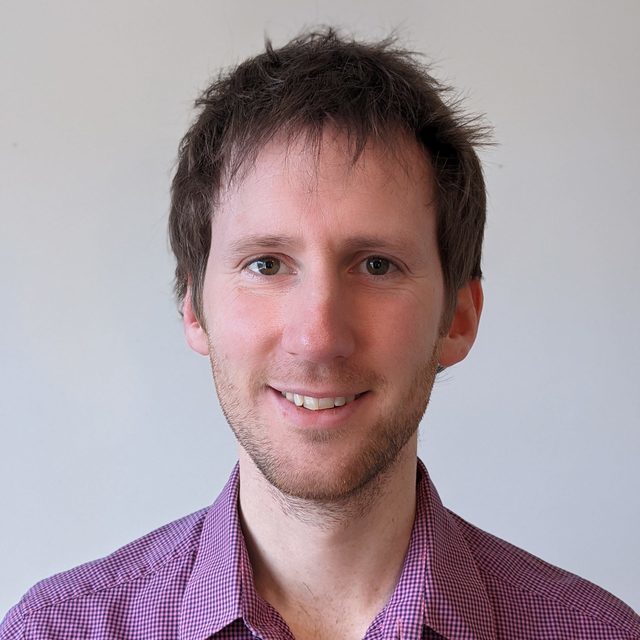The Official JUCE Audio Plugin Development Course is Here
And it’s free...
I am a sound engineer and I’d like to create my own plugins. How can I do it?
I’m a musician and I need a custom virtual instrument. How can I build one?
I’m a web developer and I’d like to transition to audio development. What do I need to learn?
Getting into audio development is not easy. There are so many things to learn:
- C++,
- digital signal processing (DSP),
- real-time programming,
- UI/UX design,
- plugin format requirements,
- copy protection…
The list goes on and on.
But isn’t all the knowledge already available on the Internet for free?
Well, maybe, but have you found it easy to browse dedicated Wikis, forums, or textbooks? Have you understood the vocabulary? Do you feel comfortable with what you learned, or do you feel like the “bigger whole” escapes you? Are you sure you know everything that’s required to develop audio plugins?
Cannot ChatGPT/Copilot/Claude/etc. generate the code for me?
No, it cannot. Large language models consistently fail to generate correct audio plugin code. There’s simply not enough material available for them out there to “learn” this topic properly. And, of course, without the knowledge of audio plugin development, you cannot verify if the generated code is correct.
Can I not learn it from the books?
Maybe. Have you? Are you sure the books cover everything?
In short, there’s a need for a focused, streamlined, and complete educational experience teaching audio plugin development from the ground up: a single, all-in-one resource that shows you everything you need to know to get started.
Such a resource has been recently published. And it’s 100% free.
Together with the JUCE team, we have been working hard on a dedicated audio plugin development course. The course teaches you everything you need to know to develop and release audio plugins successfully:
- getting the right tools
- setting up a CMake plugin project
- exposing correct plugin metadata
- writing audio effect (DSP) code
- real-time audio programming
- creating plugin parameters
- working with a plugin GUI design
- styling your GUI
- troubleshooting your plugin
- unit testing
- releasing your plugin
- and more, all in the JUCE C++ framework
But that’s not all. The course comes with a full-fledged professional audio plugin: a tremolo effect. Alongside the completed plugin project, there’s a “skeleton” plugin code for you to work on. You can develop the plugin alongside the course and apply all the presented concepts in practice.
At the end of this course, you will have built your own plugin.
What makes this course unique is the JUCE curation. The JUCE team has thoroughly reviewed the code, scripts, and videos to ensure that the course content is 100% accurate and adheres to best practices. In this way, you escape the risk of learning something wrong.
- What can beginner and advanced JUCE developers get from the course?
- Why should you join the course now?
- What can you expect if you join the course now?
- How to get the most out of the course?
All these questions will be answered during the talk!

Jan Wilczek
Audio Programming Consultant & Coach
WolfSound
I am an audio programming consultant and educator, the creator of TheWolfSound.com blog and YouTube channel dedicated to audio programming.
I am the author of "DSP Pro," an online course on digital audio signal processing, and a co-author of the official JUCE audio plugin development course.
I offer coaching and software development services related to audio plugins and audio software.
I work from home in Katowice, Poland.

Tom Poole
Director
JUCE
Tom Poole is the director of both the Audio Developer Conference and the open source, cross platform, C++ framework JUCE.